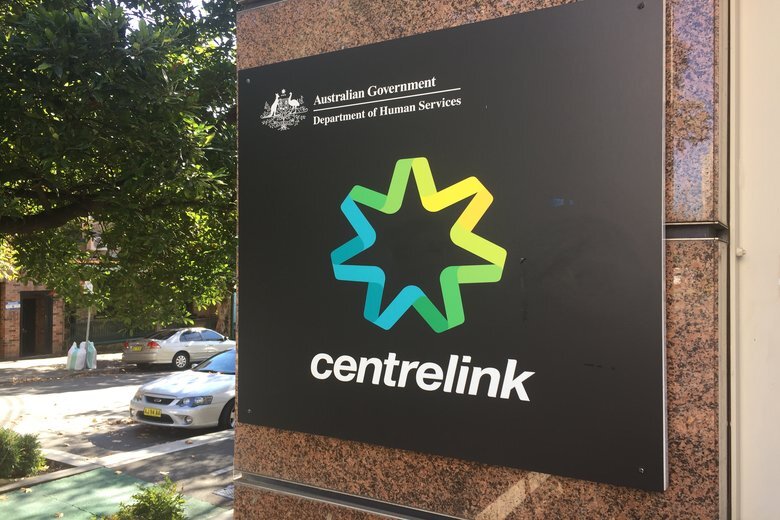
The Robodebt royal commission has for the first time shed light on the legal advice – or lack thereof – sought by the government about its disastrous debt recovery scheme.
The commission heard concerns about the legality of the scheme were raised in internal legal and policy advice in 2014, a year before it was first piloted, but the government didn’t seek high-level “authoritative” advice until well down the track.
“It now seems obvious that the advice from the Solicitor-General or other eminently qualified barrister ought to have been obtained before the scheme was implemented. Plainly, that was not done,” Council Assisting Justin Greggery KC told the commission on Monday.

But while no authoritative advice was sought before the scheme was implemented, the Department of Social Services and then Department of Human Services did receive internal advice before and during implementation that “at the very least raised significant questions about the legality of the scheme”.
Advice from the Department of Social Services from its internal legal department in December 2014 concluded: “The proposal to smooth a debt amount over an annual or other defined period may not be consistent with the legislative framework.”
Policy advice obtained in 2014 also suggested that the DHS proposal to use “smoothed income” could cause reputational damage to DHS and DSS”.
It wasn’t until five years later, when legal action was taking place in the Federal court, that the government sought advice from the Solicitor General, the commission heard.
‘Reckless indifference’
That advice also raised concerns about whether the government had been been “recklessly indifferent to the lawfulness or otherwise of the use of averaged PAYG ATO data obtained from the Taxation Office to allege and recover debts,” Mr Greggery said.
Mr Greggery suggested the government didn’t ask for authoritative legal advice because it suspected it wouldn’t be favourable to the scheme.
“We anticipate that the evidence … may be sufficient to show that the reason why no authoritative advice … was obtained prior to the advice of the in Solicitor-General … was because advice within the Department of Social Services or Services Australia created an expectation … that the external and authoritative advice may not … support the legality of the scheme,” he said.
Robodebt used automation to calculate income and identify debts using a process that was subsequently found to be unlawful.
It resulted in a class action in 2019 that saw the government pay out $1.8 billion in compensation to victims, with the court finding the government had claimed debts worth at least $1.7 billion against 453,000 Australians during the life of the Robodebt scheme.
It was originally projected to create savings of $1.7 billion over five years for the government, the commission heard.
Commissioner Catherine Holmes will produce a final report by April 18 next year.
Comment below to have your say on this story.
If you have a news story or tip-off, get in touch at editorial@governmentnews.com.au.
Sign up to the Government News newsletter